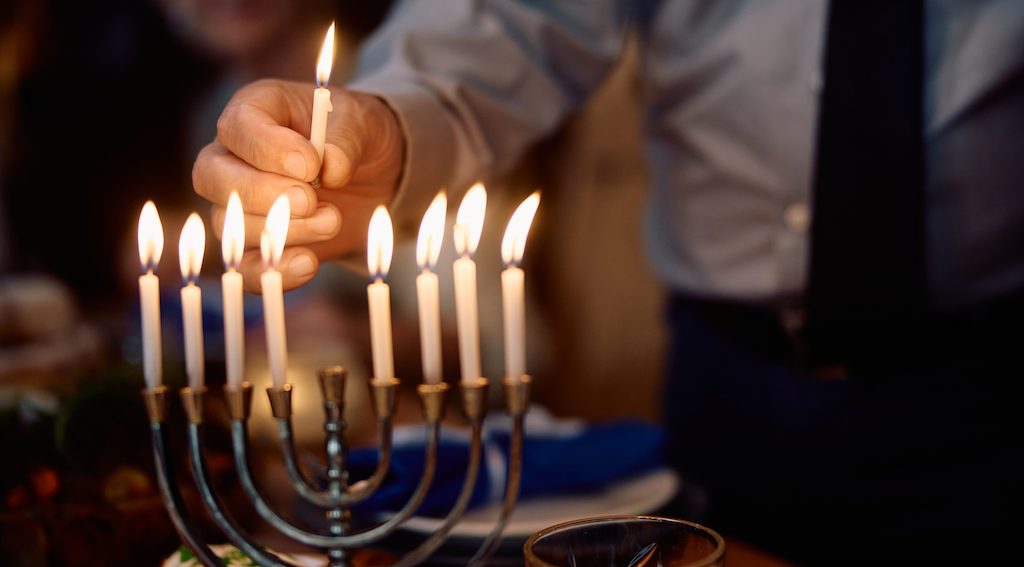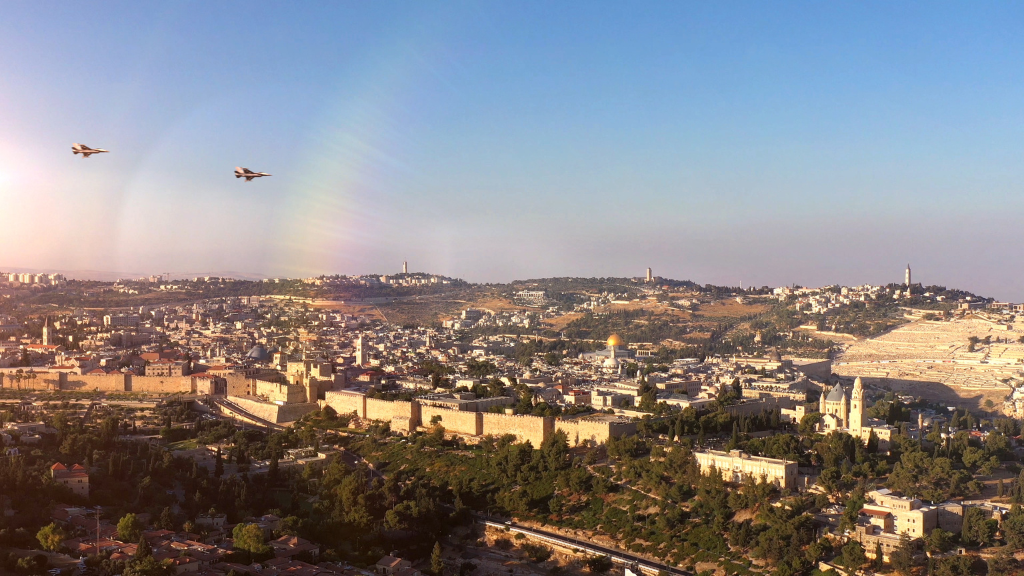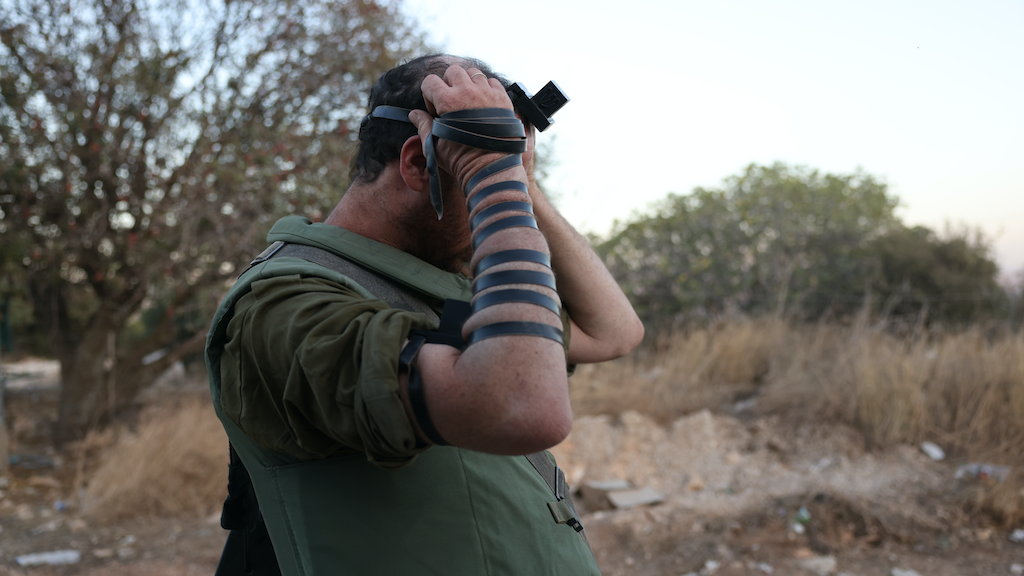Shavuot—Festival of Weeks
 Young children celebrating the Jewish holiday Shavuot. | Photo: Yossi Aloni/Flash90
Young children celebrating the Jewish holiday Shavuot. | Photo: Yossi Aloni/Flash90
Seven weeks are counted starting from Pesach (Passover), according to the Biblical commandment (Leviticus 23:15). On the fiftieth day, it is Shavuot (Festival of Weeks; Pentecost). Shavuot means ‘weeks’, from the Hebrew root sheva—seven. And Pentecost is derived from the Greek word ‘fiftieth’. So, in the name of the Christian feast, there is still a connection with the Jewish roots.
The seven weeks’ count is traditionally called the Omer counting. The Hebrew word omer means ‘sheaf’. In Biblical times, the counting started when the first sheaf of the new harvest was brought as a firstfruit offering in the Temple. In that season, the wheat harvest would start, and on Shavuot, the first wheat was brought to the Temple.
In Jewish tradition, Shavuot also became connected with the receiving of the Torah on Mount Sinai. When you calculate the data in the Exodus story, you will find that Moses received the Torah on the day of Shavuot. At least since the time after the destruction of the second temple, but probably earlier, the celebration of the revelation of the Torah has been the most important aspect of Shavuot, but since the return of the Jews to the Land of Israel and the establishment of the State of Israel, the agricultural aspect has also gained strength again.
The People of Israel, standing at the foot of Mount Sinai, had to prepare themselves for three days before God was to reveal the commandments. But immediately after, they sinned with the golden calf. It is therefore a custom in Judaism to stay awake throughout the night of Shavuot, studying the Word of God together, as a preparation for receiving the Torah. In Jerusalem, for example, every synagogue and every Jewish institute offers study sessions and lectures during this holy night. And at dawn, after a long and inspiring time of study, everybody draws near the Western Wall to say the morning prayers together. I remember being woken up very early in the morning by the bustle of people passing by on their way to the Kotel (the Hebrew word for the Western Wall). The ecstatic joy of studying the Divine Word makes everybody sing and dance. It is easy then to imagine the ecstatic state of the apostles when they received the Holy Spirit on Pentecost after Jesus’ death and resurrection (Acts 2).
“Mount Sinai was covered with smoke, because the Lord descended on it in fire.”
It is true that we don’t know for sure whether the giving of the Torah was already celebrated on Shavuot in the Second Temple period. However, the signs of the wind and the tongues of fire in Acts 2 are remarkable references to the revelation on Mount Sinai. “Mount Sinai was covered with smoke, because the Lord descended on it in fire” (Exodus 19:18). Moreover, there is obviously a clear connection between the Holy Spirit and the Word of God.
Nicodemus (John 3) came at night to Jesus to talk to Him. It is often said that it was out of fear that he came during the nighttime. In Judaism, however, nighttime is viewed as particularly fit for discussing Torah, based on words in Psalm 134: “who by nightstand in the house of the Lord” (KJ21). That is also what is happening on Shavuot. John does not tell us whether Nicodemus’ visit was on the night of Shavuot. In fact, Shavuot is not mentioned at all by name in the gospel. It is interesting, though, that Jesus speaks with Nicodemus about the renewal through the Holy Spirit and uses the wind as a metaphor. Renewal of the covenant is very much connected to Shavuot.
Finally, back to the bringing of the first fruits and the Omer counting. A Psalm that is related to this season is Psalm 67. In Hebrew, this Psalm counts 49 words, one for every day of the season. It sings of the earth that has yielded its increase, and the (gentile) nations praising God. Just as the risen Christ was the “firstfruits of those who have fallen asleep” (1 Cor. 15:20), on Pentecost the ingathering of a great harvest of believers from all nations has begun. And finally, all nations will praise God and fear Him.
Why Israel? by Rev. Willem Glashouwer
Order the book



